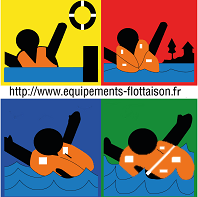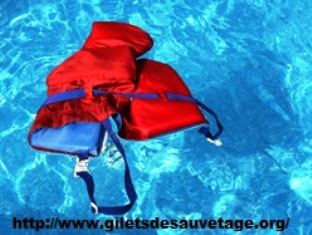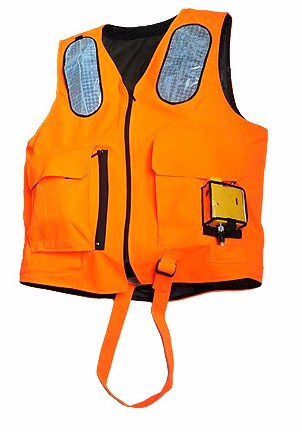 Maritime New Zealand is encouraging commercial fishermen to go above and beyond the legal requirements to help save lives and a couple of Bluff fishermen may have the solution.
Maritime New Zealand is encouraging commercial fishermen to go above and beyond the legal requirements to help save lives and a couple of Bluff fishermen may have the solution.Concern fishermen were not wearing lifejackets on the job prompted fifth generation fisherman Paul Pasco and commercial cray fisherman and skipper Brad Johnson to join Southern Ocean Safety Equipment Ltd owner Steven Sargeant to develop a lifejacket for commercial fishermen.
»It’s not a lifejacket stored and hidden away under a bunk, it’s a wet weather coat the fisherman is already wearing and inside is a lifejacket, » Mr Pasco said.
The main reason why fishermen were not wearing lifejackets while they work was because they were not practical, he said.
Mr Johnson said most incidents at sea happened in rough and wet conditions when fishermen were already wearing heavy gear.
»The guys are in heavy gear so adding the bulk of a lifejacket is not practical. This jacket is a solution to that. » he said.
Mr Sargeant said the 46° South had been designed for comfort and would allow fishermen to work with pots and lines in rough conditions.
The jacket is fitted with a light, whistle, harness, crutch strap and can be manually inflated or inflate automatically when it hit water.
The jacket also comes with adjustable sleeves to suit different fishing methods and has an insulated hood and an optional personal emergency position-indicating radio beacon (EPIRB).
»We can’t guarantee the jacket will bring everyone home alive but we believe we have a product that will help improve the chances of guys who do go over, » Mr Pasco said.
»The warmth provided by the jacket together with the personal EPIRB may help rescue teams find a fisherman alive. »
The team had spoken to fishermen about what they would wear.
»We have been into every pub, onto the wharves and onto boats and talked to fishermen about what they would wear, » Mr Pasco said.
The jacket was being trialled by fishermen, he said.
Maritime NZ maritime investigator Domonic Venz said despite certified vessels and qualified crews, »events still happened. »
The loss of 14 lives at sea in Southland this year meant it would make sense to take the next step in safety, he said.
»Maritime NZ would support any efforts to help survival and ensure the safe return of fishing boats and their crews, » he said.
A workable life vest in conjunction with float free EPIRBs and a personal EPIRB could be industry driven initiatives to help make a dangerous job a little safer, Mr Venz, a former commercial fisherman, said.
Ad Feedback
»A vest the guys can work in means if they go overboard they are already wearing a flotation device. »
While not a law on a commercial fishing boat, wearing a practical vest was a great idea, he said.
Mr Venz said the advantage of a float free EPIRB was that when a vessel went down, the EPIRB would not go down with the ship.
A personal EPIRB, carried by fishermen also made sense, especially to wives, girlfriends and families, he said.
»An activated personal EPIRB may improve the chances of finding a lost fisherman quicker and bring them back alive. »





